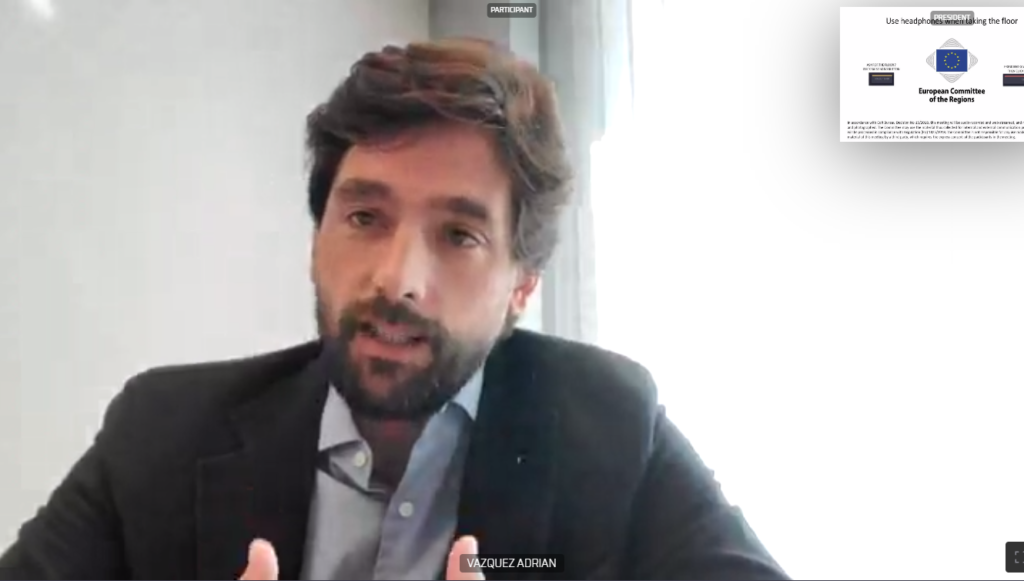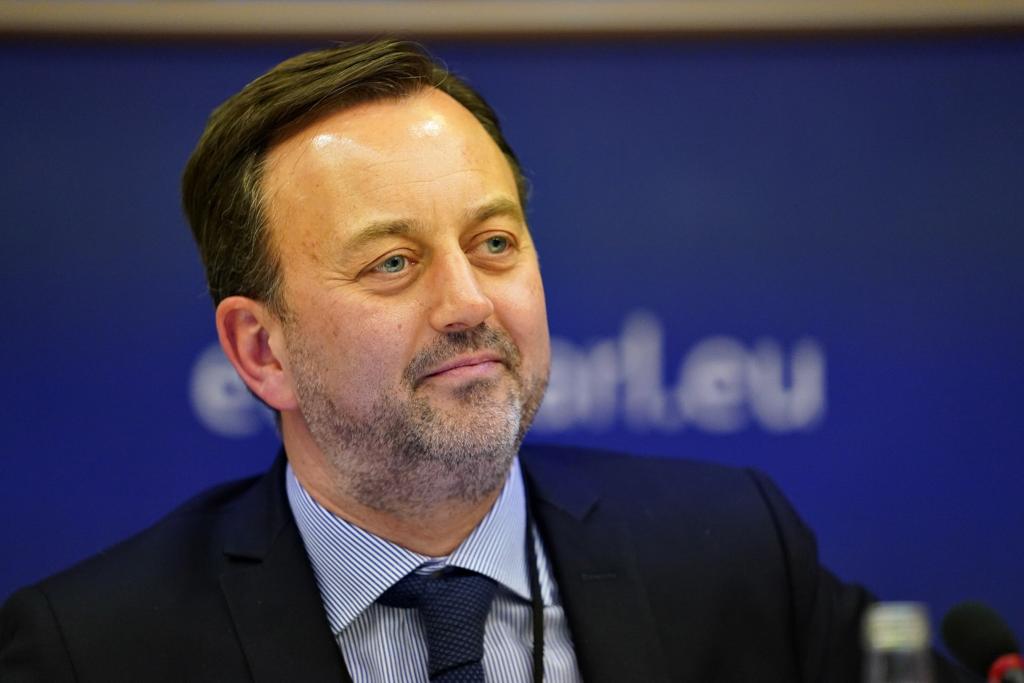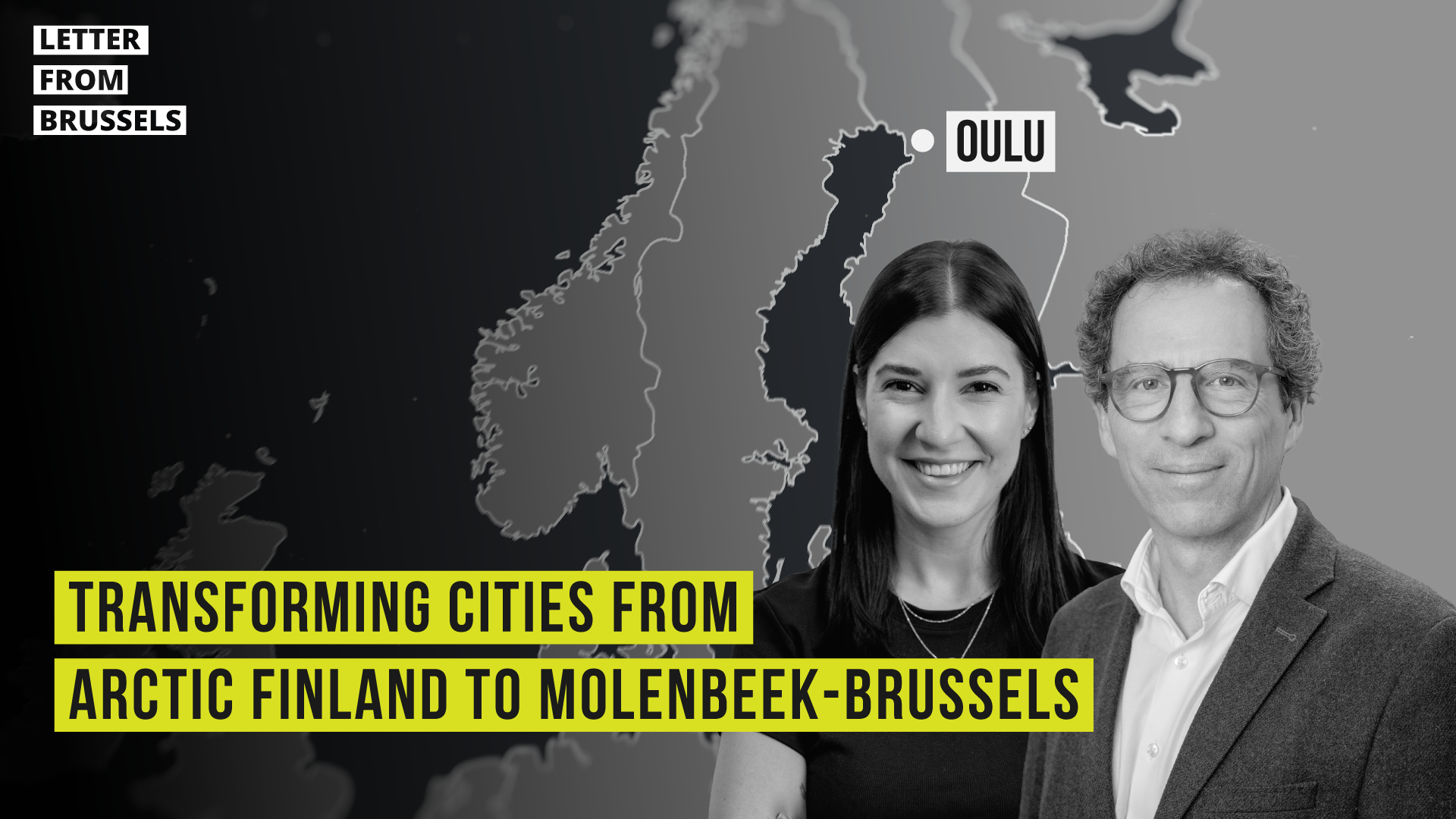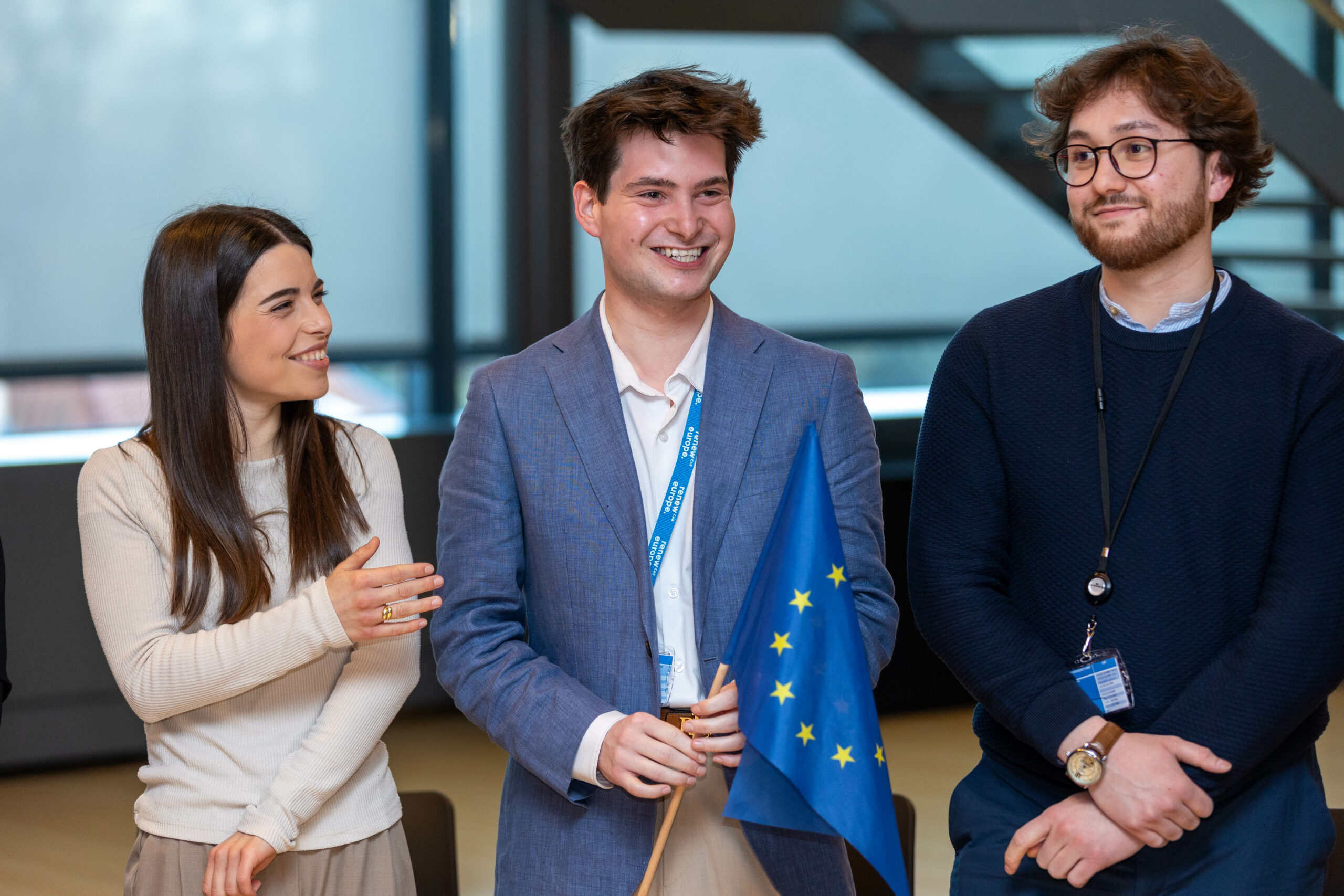The current crisis shows that the more all levels of government (European, national, regional and local) are able to work together in a coordinated way, the better they can deliver on the challenges. Our President François Decoster therefore promoted the principle of active subsidiarity to Adrián Vázquez Lázara MEP (Spain/Ciudadanos), chair of the JURI Committee of the European Parliament. Vázquez pleaded for a larger role for local and regional authorities in a conference that would be lead by LRA’s and citizens.
Adrián Vázquez Lázara MEP highlighted how COVID-19 changed everything, including having an impact on the future of governance in the EU:
If we set a limit to what the future of the union can be it will lead to irrelevance of the conference. Citizens and institutions will lose interest. What we shouldn’t do is already have the outcome ready. We’re only at the start so we need to find solutions and create a well-designed conference, with clear objectives and modus operandi. We need to adapt the conference not only in its form, but also in its substance. We still need a safe way for our citizens to submit their point of view, and we’ll have to take advantage of new technologies to assure as much participation as possible, especially to include people unable to travel or isolated due to the pandemic
Renew Europe CoR President François Decoster raised the necessity to respond to flaws which became more evident during the pandemic.
Our citizens saw and had the feeling like us that the effective actions taken at the local and regional level were not sufficiently relayed to and incorporated on the national and European levels. Yet these were important elements to build on. So, we need to focus more on the principle of active subsidiarity. As a member of the Task Force on Subsidiarity, I profoundly regret that the European Parliament chose not be involved. We need to relay the Task Force’s proposal of an evaluation grid on subsidiarity; this grid should be integrated as a tool to the service of the best government level to deal with issues within the EU
 Adrián Vázquez Lázara MEP
Adrián Vázquez Lázara MEP
Vázquez stressed the necessary role of local and regional authorities.
If the Conference is irrelevant with no content or only of use for academics, we will fail. If the debate is enriched by local and regional authorities – the level of government that knows firsthand what its citizens need – and the true goal is to set up a future of the Union, we will succeed. There is no middle ground
I keep hearing voices that the EU as a common project will never be of interest to our local and regional authorities. I can not disagree more! I visited the town of Albacete last week, which has a young and pro-European Mayor who asked me to come to his city. They are well aware that EU decisions affect them; they look to Brussels and Strasbourg and want to be a part of the process; they want to be included. We should push Mayors to become part of this, to be part of the solution, now that the path to follow is being set post-COVID19
Our member Jean-Luc Vanraes added that:
We are still confronted with an urgency due to COVID-19. Since a few weeks we’re now discussing a founding principle of the EU, its freedom of movement, through the measurement of identifying red, green or orange zones. The place to discuss this is in the European Commission’s Health unit; it should take the initiative as we can’t wait much longer for decisions. It’s one of the things the Conference on the Future of Europe should review to ensure that we can act quickly
The COVID-19 pandemic had a major impact on the preparations of the Conference on the Future of Europe, which should run for two years. Negotiations are still ongoing to kick-start the process and a joint interinstitutional declaration or statement is expected from the three institutions on the scope, topics, working methods and leadership of the process. The status of the Conference was discussed during the CIVEX Commission on 22 September 2020 in the European Committee of the Regions.
🇪🇺 Cada vez son más los municipios que quieren tener voz en Europa y quieren ser protagonistas en el futuro de la UE. El Ayuntamiento de Albacete y su alcalde, @Vicente_Casan son un ejemplo de ello.
Así lo ha explicado @AdrianVL1982 en su discurso ante el Comité de las Regiones. pic.twitter.com/6kVCoDvitX
— Ciudadanos Europa 🇪🇺🇪🇸 (@Cs_Europa) September 22, 2020
.@AdrianVL1982 discussing #futureofeurope Conference @EU_CoR:🗣”If debate is enriched by local & regional authorities – the level of government that knows firsthand what its citizens need – & true goal is to set up a future of the Union, we’ll succeed”👉https://t.co/DWPbp3VW5p pic.twitter.com/CMdgD8Dciy
— Renew Europe CoR (@RenewEuropeCoR) September 22, 2020





